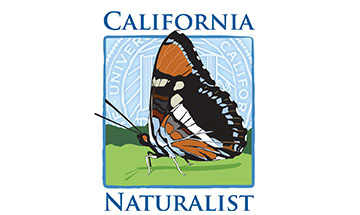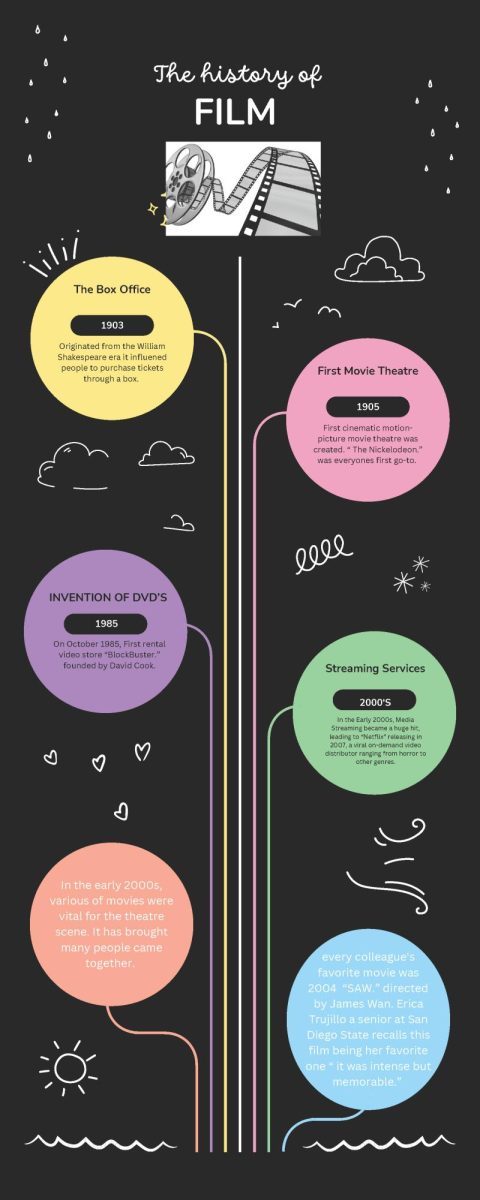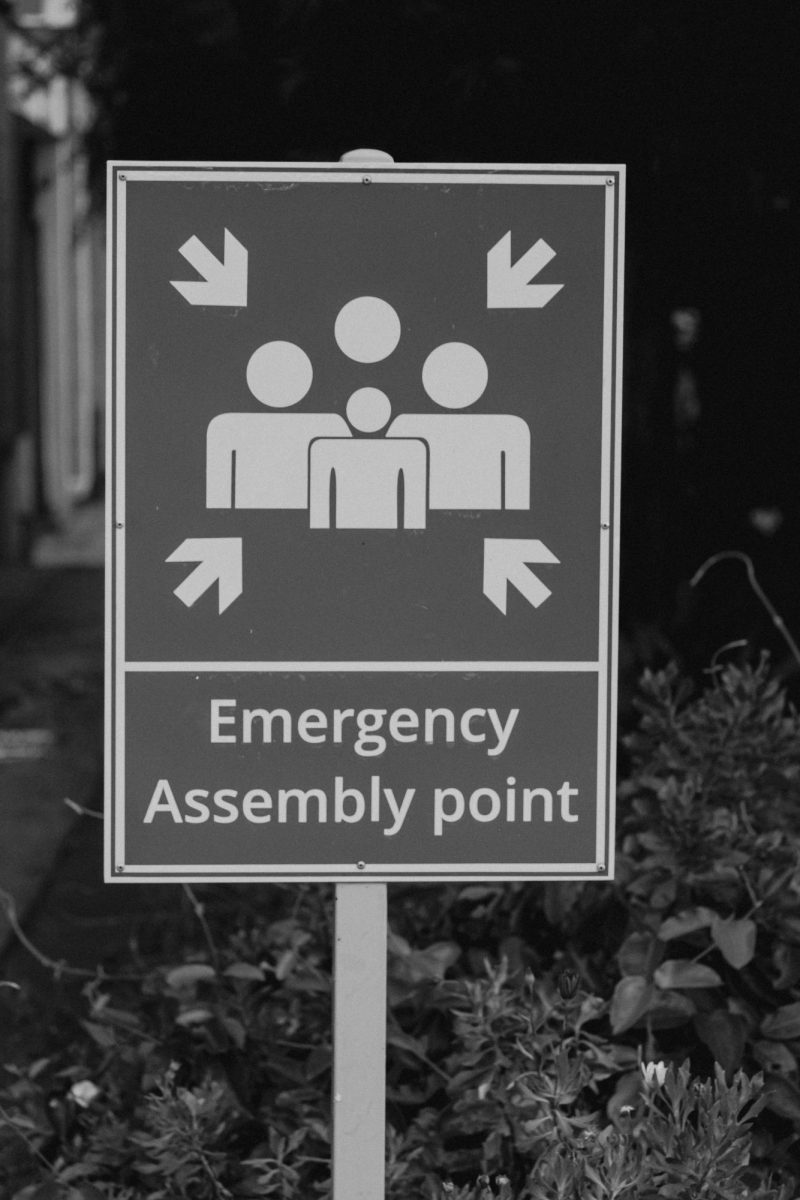Late last summer, one word entered the Internet lexicon: Gamergate. Started over disagreements regarding gender in video games, the name—and its hashtag—have developed into an ongoing saga that shows no signing of dying any time soon.
There seem to be two views about Gamergate: Detractors have described it as a sexist male backlash against women in the videogame culture. Supporters see it as “a pushback against cronyism and political correctness in the gaming media,” according to Cathy Young of reason.com.
In my opinion, “Gamergate” is a consumer revolt that began in August, when 10 different gaming magazines declared their readers all to be “dead” at the same time because of these publications’ prejudices about how gamers act. Some have pointed out that these articles aren’t just insulting to gamers, but also people who are white, male or mentally disabled. Because video game publications like Kotaku, Gamasutra and Polygon decided to insult their readers, their gaming audience responded with a campaign to get ethics into journalism. However, if you get most of your news from the press rather than independent research, you might think that Gamergate is all about harassment.
Anita Sarkessian, a media critic and blogger who is very prominent in this whole issue, said Gamergate is a movement trying to drive women out of the gaming industry—which is odd because the Gamergate has raised more than $70,000 to get women into the gaming industry. During an appearance on the Colbert Report, Sarkessian called Gamergaters misogynists and harassers who are targeting her, and has made statements like Bayonetta — the female lead in the popular game “Bayonetta”— is a sex toy. Sarkessian claims to have received death threats that caused her to cancel a lecture at the Utah State University.
Proponents of Gamergate claim the media has sided with Sarkessian and other feminists in its coverage, and that doing so is unethical.
According to Grossmont professor Zoe Close, “Ethics is ethics is ethics,” meaning first you must address right and wrong.
“Whenever someone is gearing one’s actions to something that is not directly connected, one is doing something that’s wrong,” Close explained. “So what is the ethical way women should be represented in the media? The fact it’s a feminist group is secondary. The feminist angle does not override that.”
In other words, Close said, “everyone has to work with the same set of ethical principles.” She also said she disagrees with the idea that if a group is marginalized, it has “more rights”—either you’re telling the truth or you’re not.
In contrast, the progressive “David Pakman Show” gave an unbiased approach to the discussion, interviewing people from all sides: game critic John Bane, who is in support of Gamergate; Fredrick Brennan, the creator of 8-chan, a website on which many discussions about the topic have been posted; Brenda Wu, a video game developer, who claims she was harassed by Gamergate; and Arthur Chu, a blogger who is heavily against Gamergate. Pakman’s interviews had hardball questions for each of the players involved.
Banes’ words were redistributed in another video later this month, where he says this about opponents of Gamergate: “There are those that believe even in the nodes of social Marxism, the infiltration of progressive radicals, social justice ideas into gaming media and gaming journalism. Some people object to that, some people do not, and there are people in it solely because they feel alienated by the games media they trusted for so long, which really boils down to the ‘gamers are dead’ articles.”
Banes said he did believe there was a minority in the Gamergate group that “are in it to cause trouble.
“The only way to get past it is to focus on those that wish to discuss constructive issues and those who wish to make (the gaming) industry better, and freeze out those who do not,” he said.
As a part of the consumer revolt, Gamergate has had some success getting Mercedes, BMW, Dyson and Intel to withdraw support from these publications. However, the success of the revolt has been limited to that, and many forums such as 4chan, Blizzard Entertainment and Reddit still ban Gamergate discussion under the narrative that it is a “hate movement.”
But I believe that, like Young said, “This is an anti-authoritarian rebellion, not an anti-woman backlash.”



















